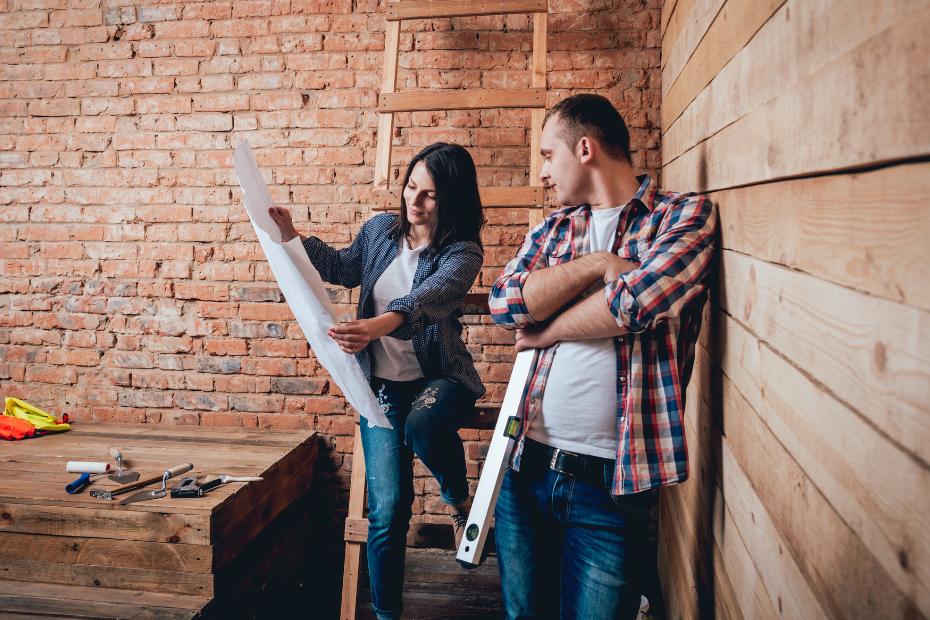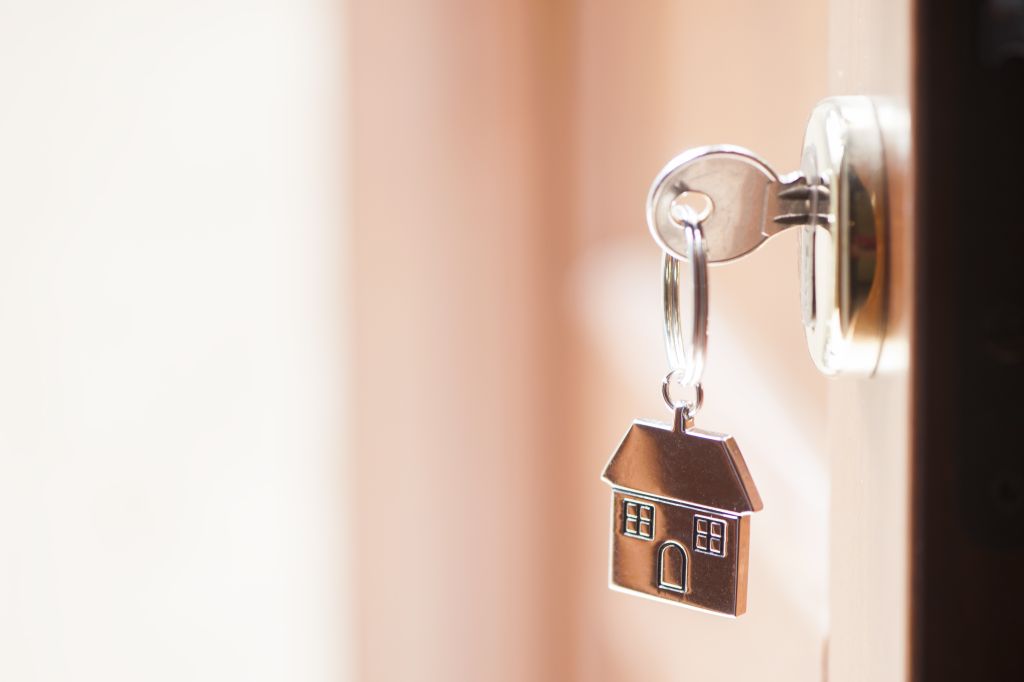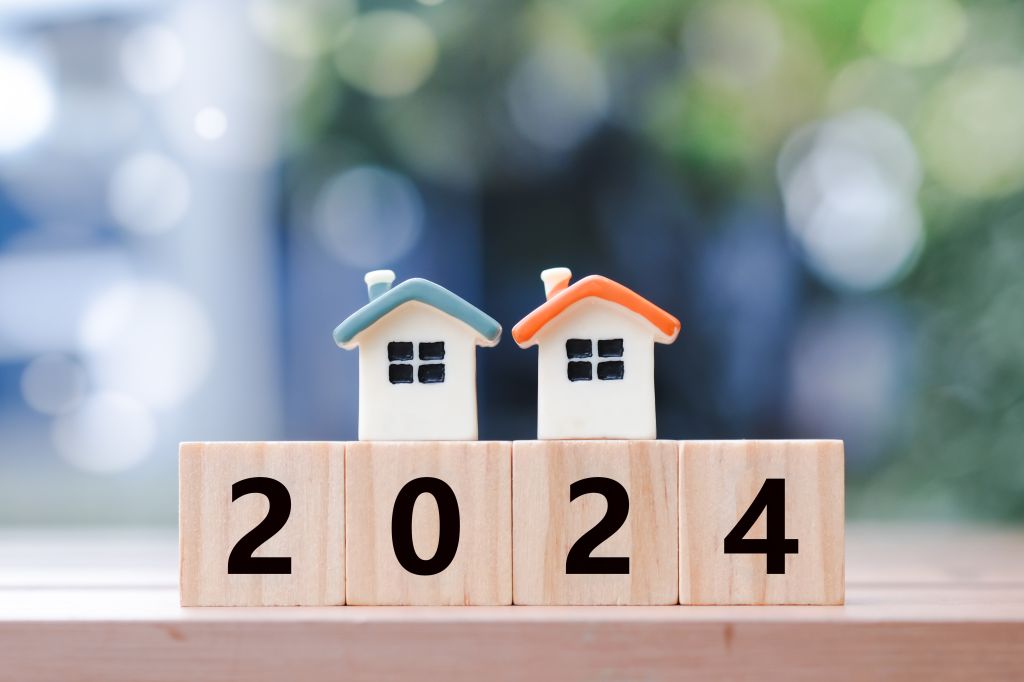Published July 14, 2023 • 5 Min Read
Every year, many Canadians opt for a custom build instead of moving into an existing home. Whether you’re looking to tear down a home and build a new one, or you’re looking for the perfect, pristine lot to construct your dream home, it’s a good idea to explore everything building a custom-made home entails.
Advantages of building a new home
The advantages of building a home that’s custom-made for you are fairly clear — but there may be more upside than you realize.
Customization
Perhaps the biggest benefit to building your next home is the level of customization you can have. You can put your personal touch on the home from the start, with the freedom to pick out every design element that goes into the home and to choose the ideal layout for your family’s needs. From home offices to home gyms, skylights to walkouts, double-sided fireplaces to walk-in closets, your new home is a blank canvas when it comes to style and configuration.
Tip! Be aware of over-customization. You don’t want to make your home so specific that it may not appeal to buyers in the future.
Reduced competition
The real estate market in many cities across Canada tends to favour sellers. When a great home becomes available, bidding wars often increase prices and leave many would-be homeowners sitting on the sidelines. When you’re building your own home, you don’t have to compete with other home buyers.
Less maintenance
When you build a home brand new, everything inside it is brand new, including the plumbing systems, heat, A/C, electrical, roof and more. That means nothing should be breaking down anytime soon. Plus, custom home builders in Canada are required to provide warranties for materials, workmanship and major structural defects.
Tip! When selecting a builder, be sure to ask about their warranty process and ensure they adhere to the regulations of the province in which you’re building.
Energy efficiency
Home builders today have access to more energy-efficient materials than ever before. A good custom builder will use quality materials and — with your direction — make your new home ENERGY STAR® Certified. ENERGY STAR® certified homes are 20 per cent more energy efficient than building codes, helping you reduce your carbon footprint and save money on utilities.
Drawbacks of a custom-built home
While the merits of building your next home are compelling, there are some challenges to consider.
Cost
Building your custom-designed home will likely cost more than buying an existing one. According to the Altus Group’s 2023 Canadian Cost Guide, the cost per square foot to build a home in Canada is between $120 and $275 (not including the land cost). Of course, the cost will depend on the home’s location, size, complexity and finishings, but in general, a custom build will be pricier than your other options.
Tip! As you budget for your home build, consider labour, materials, permits, design and architectural fees. A good builder can help you evaluate all the costs involved.
Time
Building your home will likely take longer than buying and closing on an existing home. While a general rule of thumb is that homes take 10-12 months to complete from start to finish, this timeline could expand to 16 months (or more) depending on the size and complexity of the project.
Remember, too, that Canadian winters can play a big role in your timeline. The earliest you can dig a foundation is typically April 1st, and the house needs to be sealed (windows, doors and roof in place) by November 1st to keep the snow and frost from getting in. If you miss this window, mother nature could set you back further.
Decision-making overload
While great perks come with making all the decisions about your new home, some owners feel overwhelmed by the choices. There are so many options it may feel impossible to make a decision, and the pressure of making a wrong move can be stressful.
Tip! Share your tastes with your designer and builder and ask them to narrow down choices to a maximum of three they feel you would like. It’s much easier to choose between three countertops than 30!
Access to financing
For Canadians building a custom home, many banks offer construction mortgages, which provide funding at various stages of the build cycle. Because custom projects are riskier, owners must have a down payment of 20 – 25 per cent and pass stricter eligibility requirements to get approved. Extra paperwork is also required up front and along the way.
Tip! It’s a good idea to work with a lender with experience in construction mortgages who can walk you through the process and help ensure you meet the various touch-points throughout the build.
Building your own home is a wonderful way to create a unique space that matches your individual tastes and needs. Before you start to dig, weigh the advantages and challenges of building — and be sure to find a good builder, get your budget organized and your patience primed for what could be a long journey.
This article is intended as general information only and is not to be relied upon as constituting legal, financial or other professional advice. A professional advisor should be consulted regarding your specific situation. Information presented is believed to be factual and up-to-date but we do not guarantee its accuracy and it should not be regarded as a complete analysis of the subjects discussed. All expressions of opinion reflect the judgment of the authors as of the date of publication and are subject to change. No endorsement of any third parties or their advice, opinions, information, products or services is expressly given or implied by Royal Bank of Canada or any of its affiliates.
Share This Article






